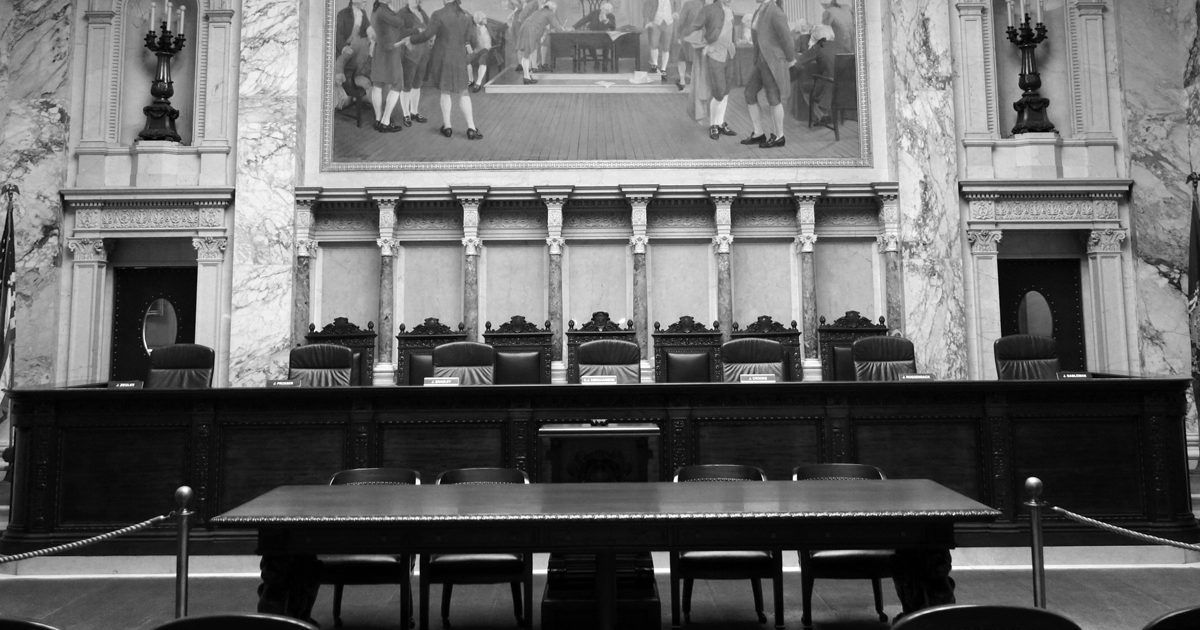Brian Hagedorn Sees State Supreme Court as Venue to Advance Partisan, Political Agenda
‘We Know This Because He’s Said it Himself’

MADISON, Wis. — When he worked as Scott Walker’s lawyer in the governor’s office, state Supreme Court candidate Brian Hagedorn explicitly urged people to vote for a conservative judicial candidate because it would help advance Walker’s political agenda. One Wisconsin Now Research Director Joanna Beilman-Dulin noted, once again, Hagedorn’s actions are at odds with his campaign talking points about the role of politics and his personal agenda in the judicial system.
“Brian Hagedorn sees the courts as a means to advance the political agenda he supports and to impose his views on Wisconsin,” commented Beilman-Dulin. “We know this because he’s said it himself.”
As reported by the Milwaukee Journal Sentinel at the time:
“Walker’s chief counsel, Brian Hagedorn sent an e-mail on the eve of the election urging people to vote for Prosser, saying keeping him on the court is essential to advancing Walker’s agenda.”
Previously it has been reported Hagedorn often commented on court decisions on a weblog he maintained and in articles he submitted to newspapers and other conservative websites. For example, he compared a U.S. Supreme Court ruling on gay rights to legalizing bestiality.
Hagedorn has also put his homophobia into action, as Scott Walker’s lawyer and after being appointed to a judicial seat by Walker. While working as legal counsel in the governor’s office, Hagedorn tried to use the courts to undermine a Wisconsin law providing basic rights for LGBTQ couples like hospital visitation and inheritance.
As documented by One Wisconsin Now, after being appointed to a court seat by former Gov. Scott Walker, Hagedorn helped found The Augustine Academy, a private school whose official policy bans members of the LGBTQ community from working there, would result in their termination if they were discovered to be LGBTQ and would expel students if they, or their parents, are gay. According to school records, Hagedorn continues to serve on the school’s board of directors.
In response, Hagedorn has refused to apologize for his writings and actions. Instead, despite evidence to the contrary, he has asked voters to trust he would set aside his partisanship and discriminatory views if elected to the court.
Beilman-Dulin concluded, “Brian Hagedorn can hold his partisan and policy views, as vile and discriminatory as they may be. But he is not entitled to use the courts to impose them on the rest of us.”
